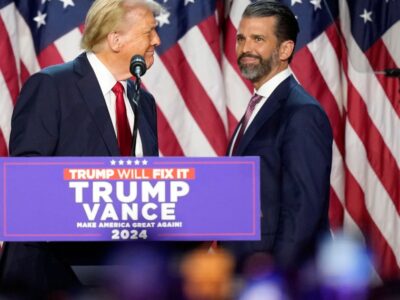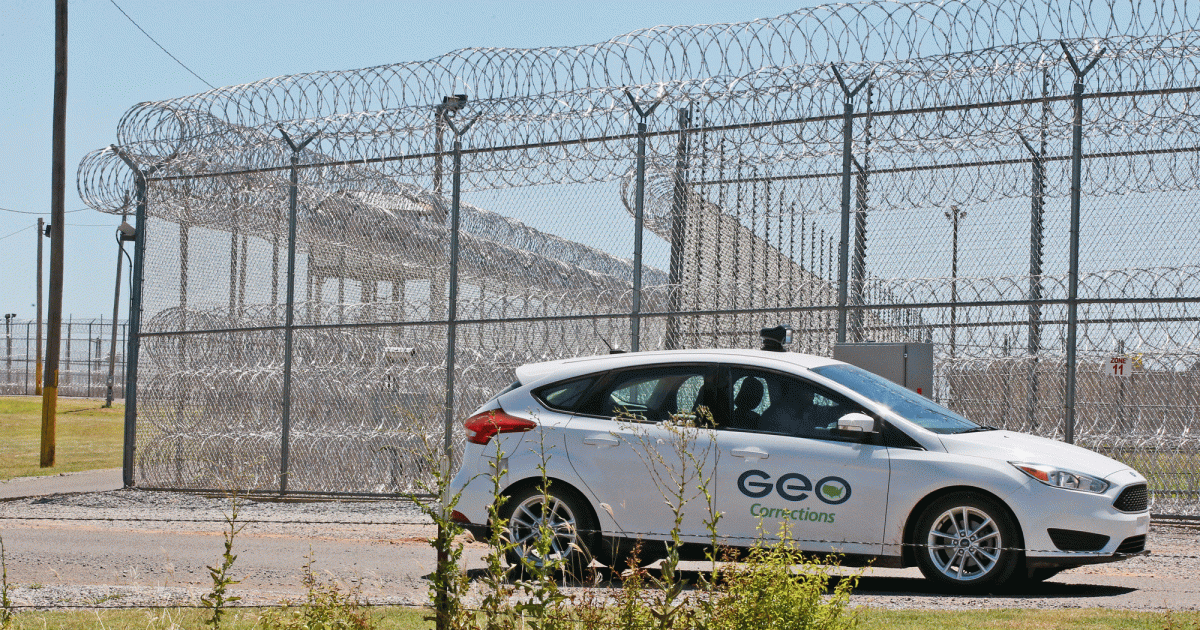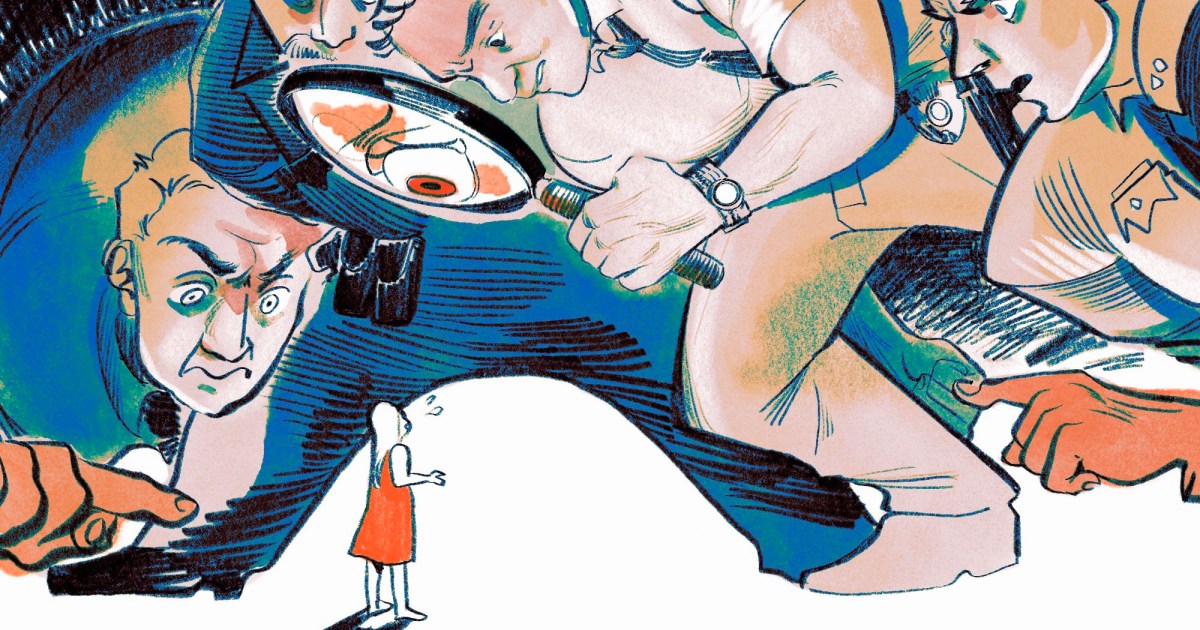
Earlier this year, I found an empty THC cartridge package by the court after one of my son’s high school basketball games. Cannabis vapes are illegal for everyone in Texas, where I live, much less for minors. I scooped up the box, which displayed a California Republic bear and the brand Gold Coast Clear. Later, around the dinner table, I asked my two teens, “So, does anyone know anything about this company?”
After blank stares and awkward silence, I decided to seek answers myself and hopefully shed light on what exactly had been inside. I’m hardly naive about the possibilities. As a medical anthropologist, I’ve spent 18 months trying to understand how society is adapting to cannabinoids—cannabis’ psychoactive components—by talking to growers, retailers, cops, consumers, and chemists.
In 2018’s Farm Bill, Congress federally legalized growing what’s commonly known as hemp—cannabis plants with less than 0.3 percent THC, the compound that gets users high. But there was no regulation of products derived from hemp. Entrepreneurs and chemists jumped through this loophole, turning low-THC hemp into molecules that legally replicate, mimic, and even exceed THC’s effects, creating a situation where it can even be cheaper to get THC from hemp than marijuana. That makes such cannabinoids, in the words of one of my college students, “just like regular weed, but better.”
The products’ legal status varies by state, but they are often allowed where pot sales remain banned, and, in states with legal markets, can compete with retailers’ less manipulated and more taxed offerings. There are people committed to making THC and cannabinoid products safely, for both recreational users and sick people who find relief in them. But the Wild West regime set up by the hemp loophole, patchy state regulation, and perverse financial incentives can encourage dangerous or shady behavior. For instance, if a hemp grower raises plants that test even a fraction over 0.3 percent, federal law says they must destroy the crop. But alternatives have sprung up, like finding another testing company that will generate a favorable result or selling the plants into the illegal market for profit. If a cannabis farmer produces more than their state consumes, they must either destroy the plants or sell them to distributors willing to illegally move the crop across state lines. The farmer doesn’t have to know. Either way, the illicit market benefits.
States that have legalized marijuana have had difficulty regulating what was previously a profitable criminal enterprise. Even in places with longstanding legal retail like Colorado and California, unlicensed and unregulated brands are popular among young people, especially those not old enough to patronize legal shops or dispensaries. Discreet and often virtually odor-free, vapes are a particularly big business, where counterfeit brands proliferate and YouTubers teach people to create and market their own products.
“We’ve had people making and filling empty cartridges in motel bathtubs, basements, and garages,” says one former federal law enforcement official who now helps administer medical cannabis laws. “There’s no system of checks and balances about the ingredients.”
In 2019, for example, illicit THC vapes thickened with vitamin E acetate hospitalized almost 2,800 people across the country with lung infections; 68 died, including a 15-year-old boy near me.
I start my search by examining the glossy package for more clues about Gold Coast Clear. Red and cheery, with “Holiday Punch!” festooned across the top, it has a cartoon Santa who seems to be on something stronger than milk and cookies. It’s funny and irreverent—the kind of perfect-for-teens marketing Congress has banned for tobacco.
There’s a QR code promising third-party lab results, a common filigree on THC products. But when scanned, instead of any data on ingredients, it opens an Instagram account advertising a broader Holidaze line with Grinch, Jack Frost, and, incongruously, Baby Yoda flavors.
Google turns up at least six websites for Gold Coast Clear. Two offer a “100 pack” of individually boxed vapes for $1,000. “How convenient for a dealer!” I think, especially given that legal stores’ vapes can go for $60 or more each. Another claims GCC is a “California-based” “premium” brand but doesn’t provide a California address. Others offer phone numbers in Florida, Colorado, and Wisconsin. Most prefer encrypted apps like Telegram or WhatsApp. But the shopping links are real and happily accept Bitcoin alongside mainstream platforms like Zelle and Cash App. I’m rarely asked my age.
One seller claims Gold Coast Clear is “working hard to keep their customers safe,” and that “these verified cartridges have undergone various lab tests approved by CannaSafe.” Of course, that language doesn’t say they were actually tested by CannaSafe. Indeed, that lab closed in 2022, largely, according to former president Antonio Frazier, because “lab shopping” clients went elsewhere seeking more positive results.
Frazier, a board member at the pro–cannabinoid regulation group Americans for Safe Access, is not surprised to hear that what he describes as a “trap brand” tried to appear credible by using CannaSafe’s name. (Frazier used the word “trap” not to connote deception, but to call to mind harder, illegal drug markets—i.e., “trap house.”) “It’s not the first time,” he says, recounting that CannaSafe traced sites making false claims about their tests to Russia and China. “It’s hard to hold anyone accountable when they’re an illegal business to begin with,” he says.
According to New Frontier Data, Americans spent $76 billion last year on illegal cannabis, dwarfing the $30 billion in recreational or medical sales authorized in 37 states, Puerto Rico, and the District of Columbia. Jurisdictions with cannabis bans, unsurprisingly, lead the way in illegal purchases.
“People think that prohibition is drug control,” explains Amanda Reiman, an NFD executive. “In fact, it’s the opposite. Regulation is drug control, because then you get to decide who’s going to make it, what they have to do to make it safely, and what’s going to get tested.”
Online, it’s not hard to find troubling discussions of Gold Coast Clear. There’s a Redditor who describes suffering delusions and a monthlong cough after vaping a GCC-labeled product; another says his younger brother went to the hospital. A poster on a forum that is used to share concerns about vape ingredients warns that the liquid may not have been a cannabinoid at all, but a dangerous synthetic, potentially containing pesticides. (What exactly counts as a synthetic cannabinoid is a tricky question at the frontier of chemistry and the law, but pesticides, heavy metals, and residual processing acids have been found in vapes.)
Instagram has almost 40 accounts purporting to represent Gold Coast Clear. Emails to them bounce or go unacknowledged. But one 34,000-follower account with a habit of claiming the others are “fake” immediately gets back. “Those are all fake accounts impersonating us!” they insist. “Our website will be live very soon!” When I respond with questions and point out the existing sites, they ghost me. “The unregulated market is like a shell game,” explains Reiman, “ready to pack up and move at a moment’s notice.”
I enlist reference librarians at the University of North Texas, where I work. We search business databases in California and elsewhere, comb through online records from state cannabis control boards, trademark bureaus, and so on. Eventually, I come to a conclusion: There are no vaping-related businesses registered, licensed, or trademarked as “Gold Coast Clear”—in California or anywhere.
I stew on this before making another discovery: I can buy empty GCC packages online—a Gold Coast Valentine’s, a summer edition—made by Chinese companies like “Shenzhen SuperVape” and “Shenzhen Vnice.” Unlike the Instagram retailers selling Gold Coast–labeled products, these manufacturers share more information. Vnice, for instance, claims to have produced 200 million vapes last year, worth more than $100 million. I remember reading that the deadly vitamin E cartridges had been packaged and sold under similar labels anyone could buy online.
According to Francisco Guzmán, a friend and UNT business professor who specializes in branding, deregulated markets typically attract a gold rush of actors who—before regulators and lawsuits catch up, mergers and acquisitions occur, and the market rebalances—are just there for a quick buck. “These are likely not companies that care so much about being part of an enduring brand,” he says. Indeed, it’s become clear to me that GCC is essentially an unmanaged and unowned brand, whose hardware and labels originate in China but whose ingredients and marketers can originate anywhere.
Congress could help tame the Wild West of hemp derivatives, even if it isn’t interested in legalizing marijuana. While the aboveboard cannabis and cannabinoid industries aren’t in complete agreement about the best path forward, they both hope the 2023 Farm Bill, expected this fall, will centrally regulate the hemp-derived products that are now a multibillion-dollar agricultural commodity. New rules that limit marketing to minors, add rigor to testing, and remove incentives that feed illicit markets—together with more states legalizing cannabis with sensible controls—could help protect kids and other users from dangerous mysteries hidden inside cheerful boxes.















